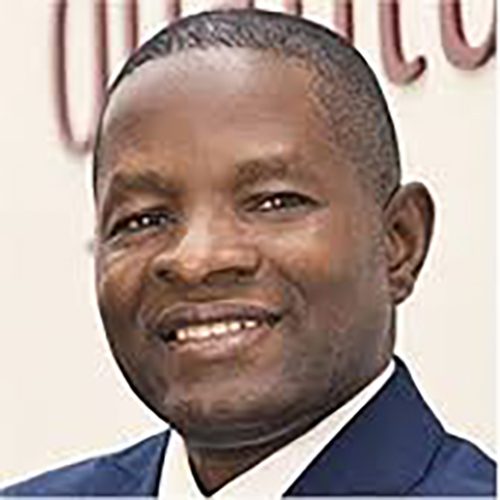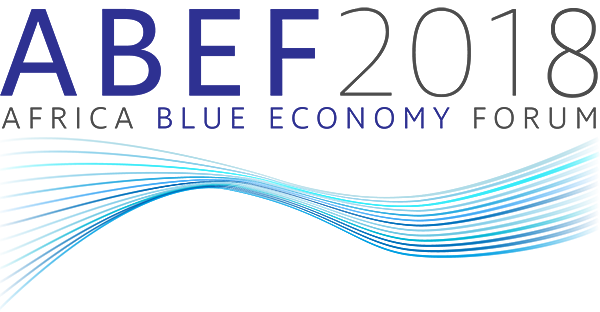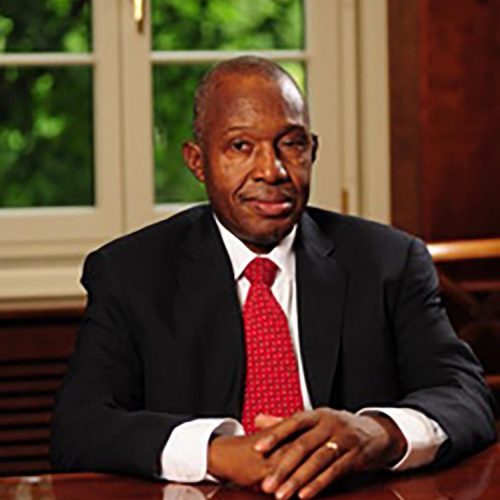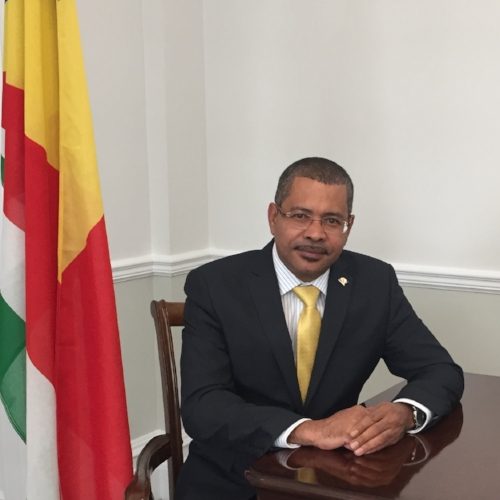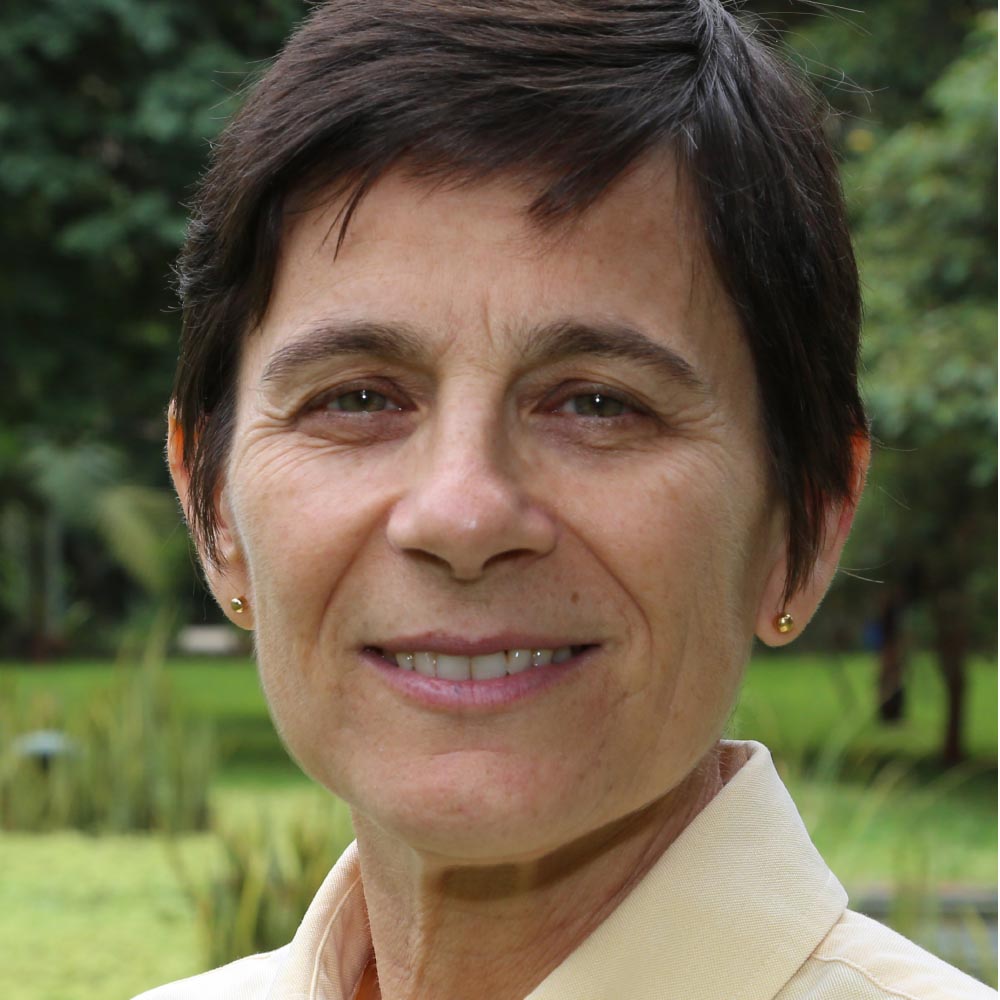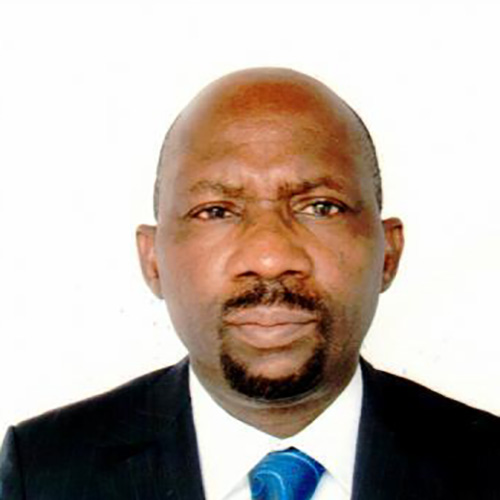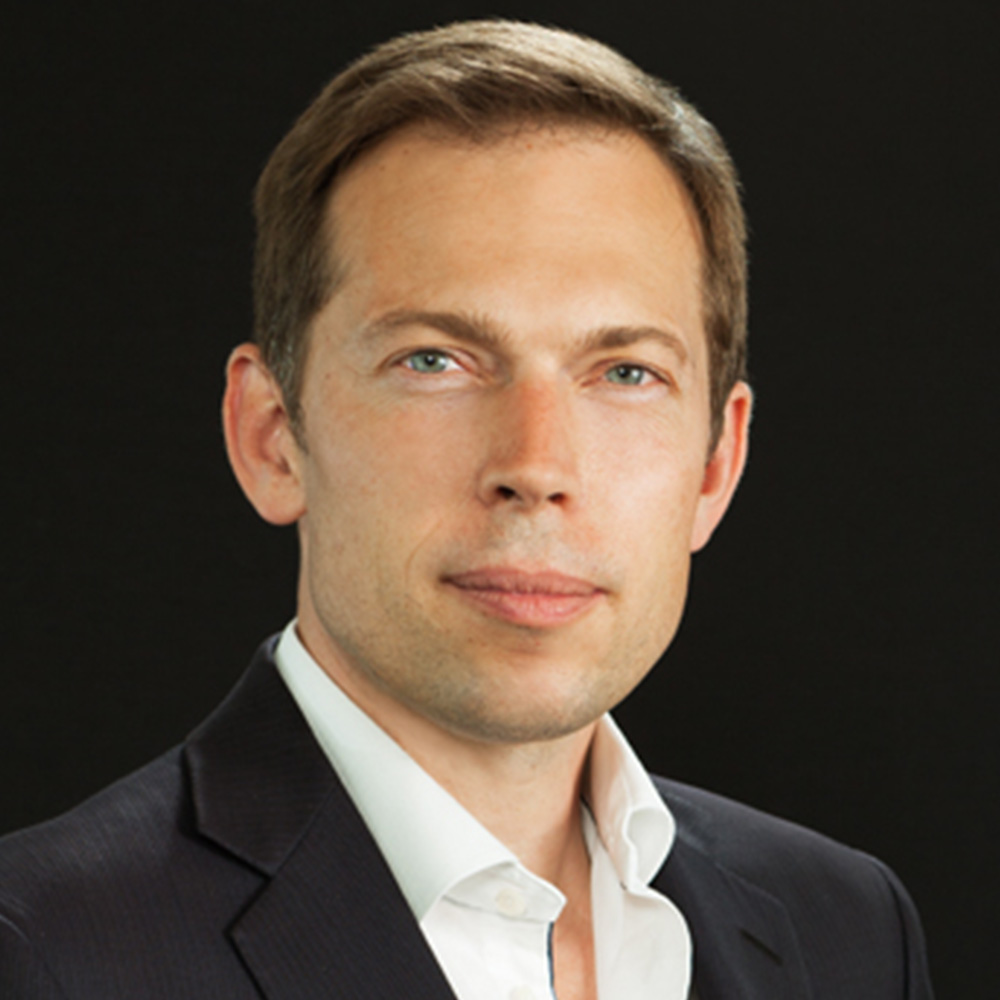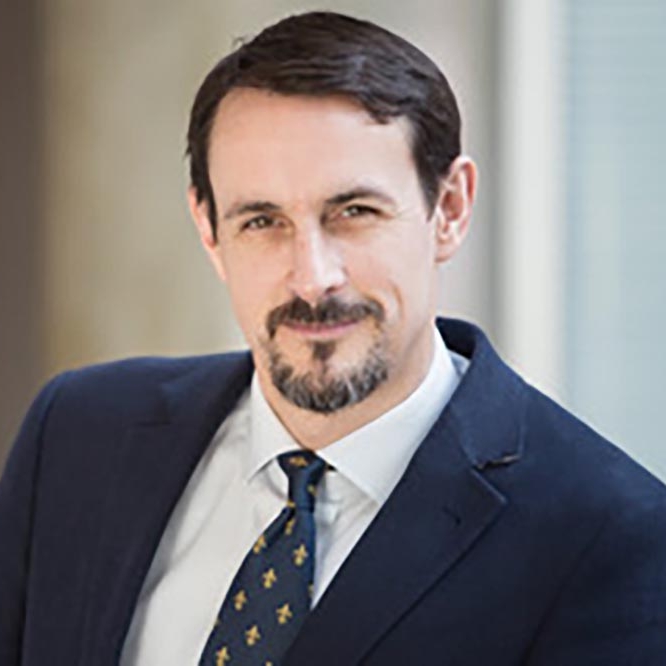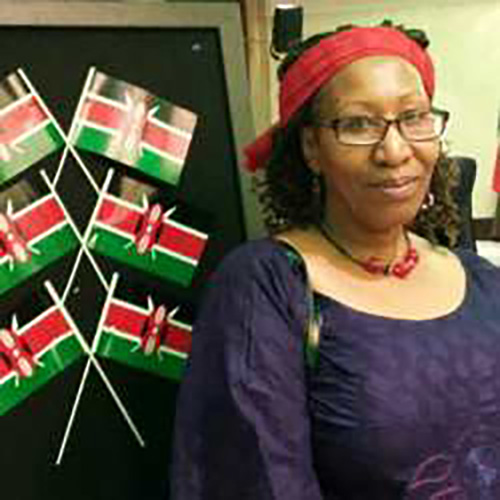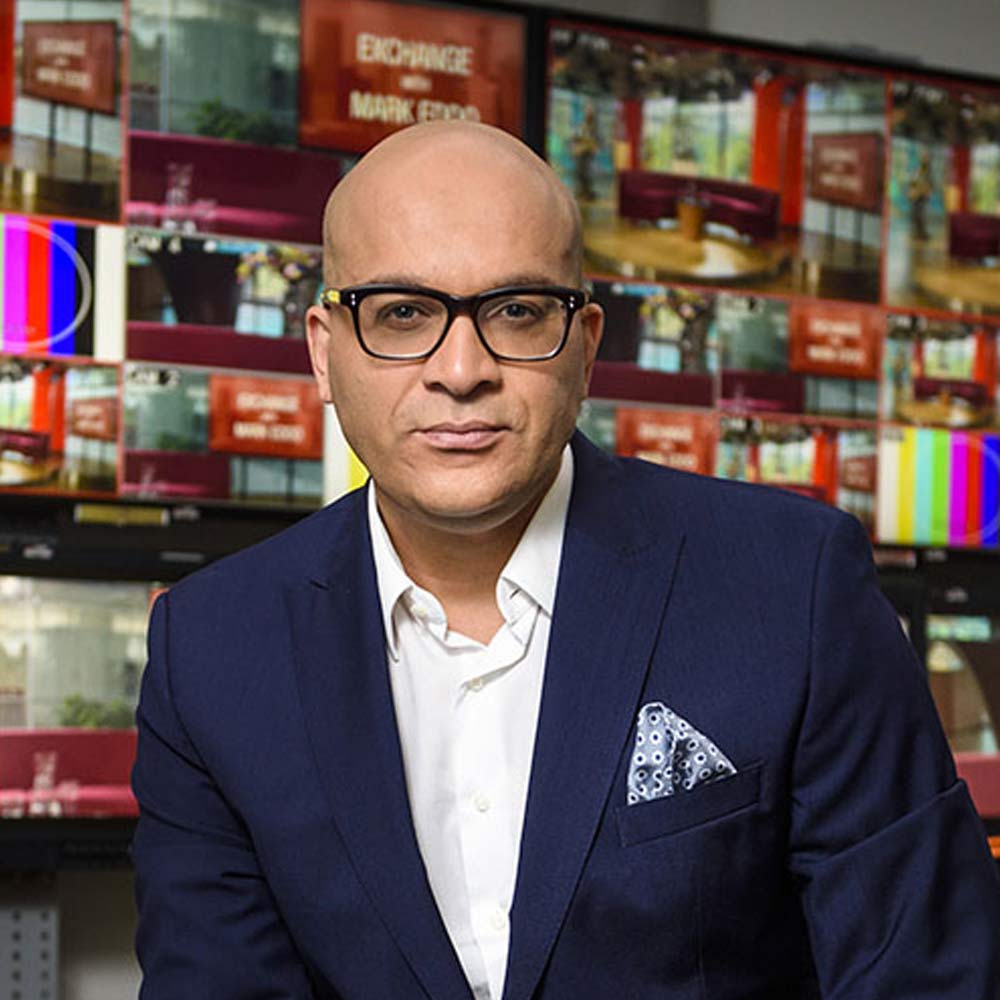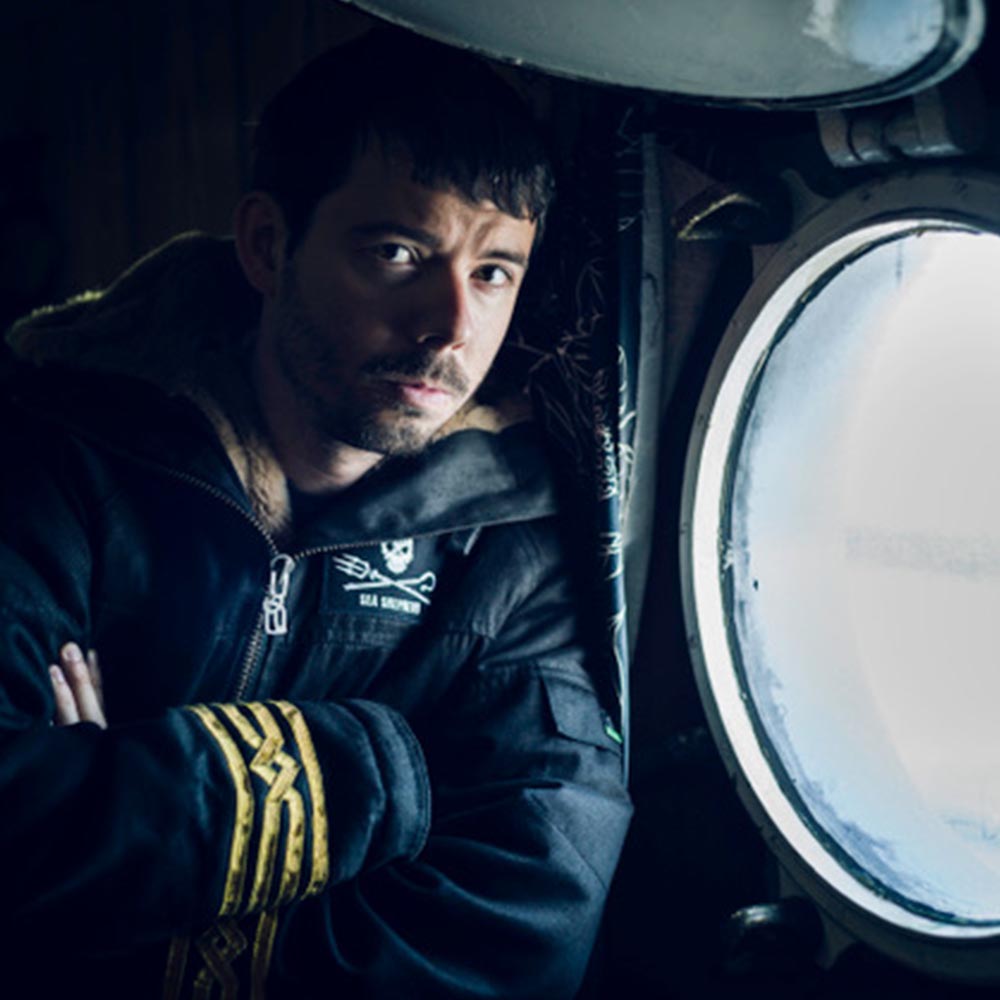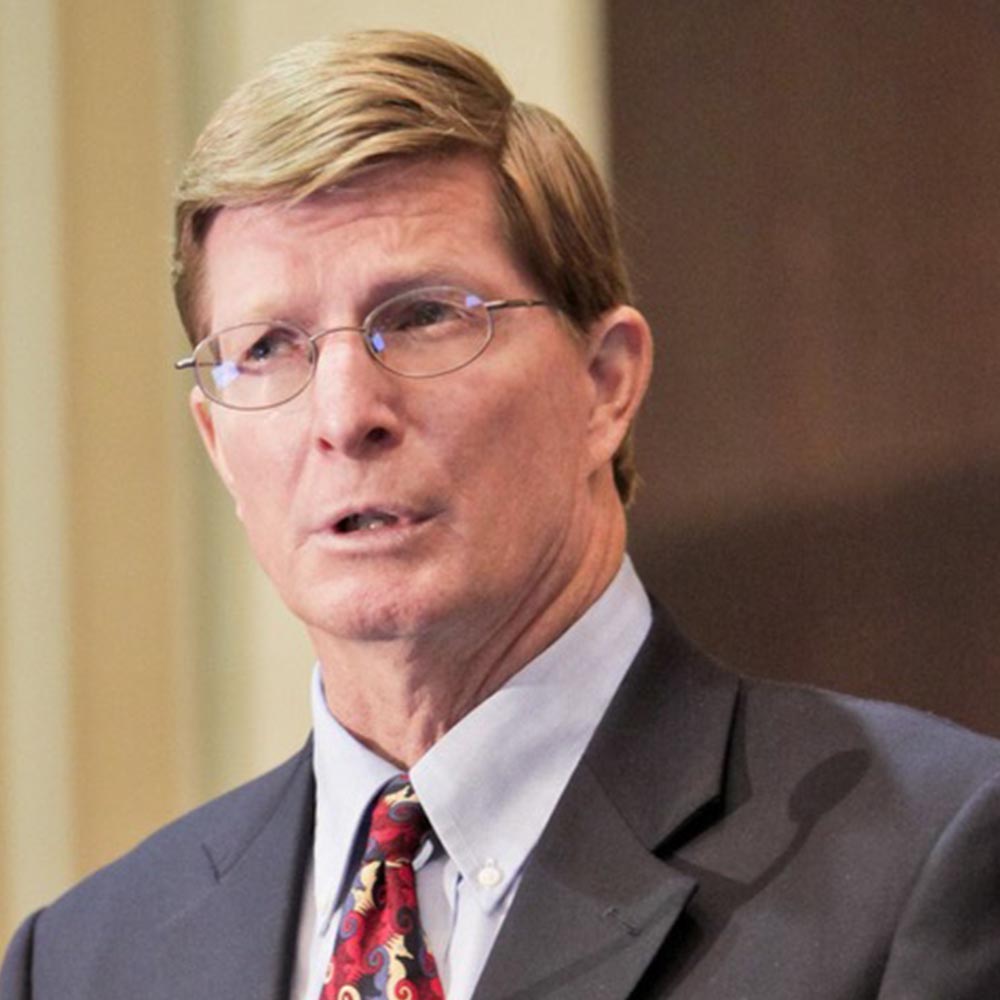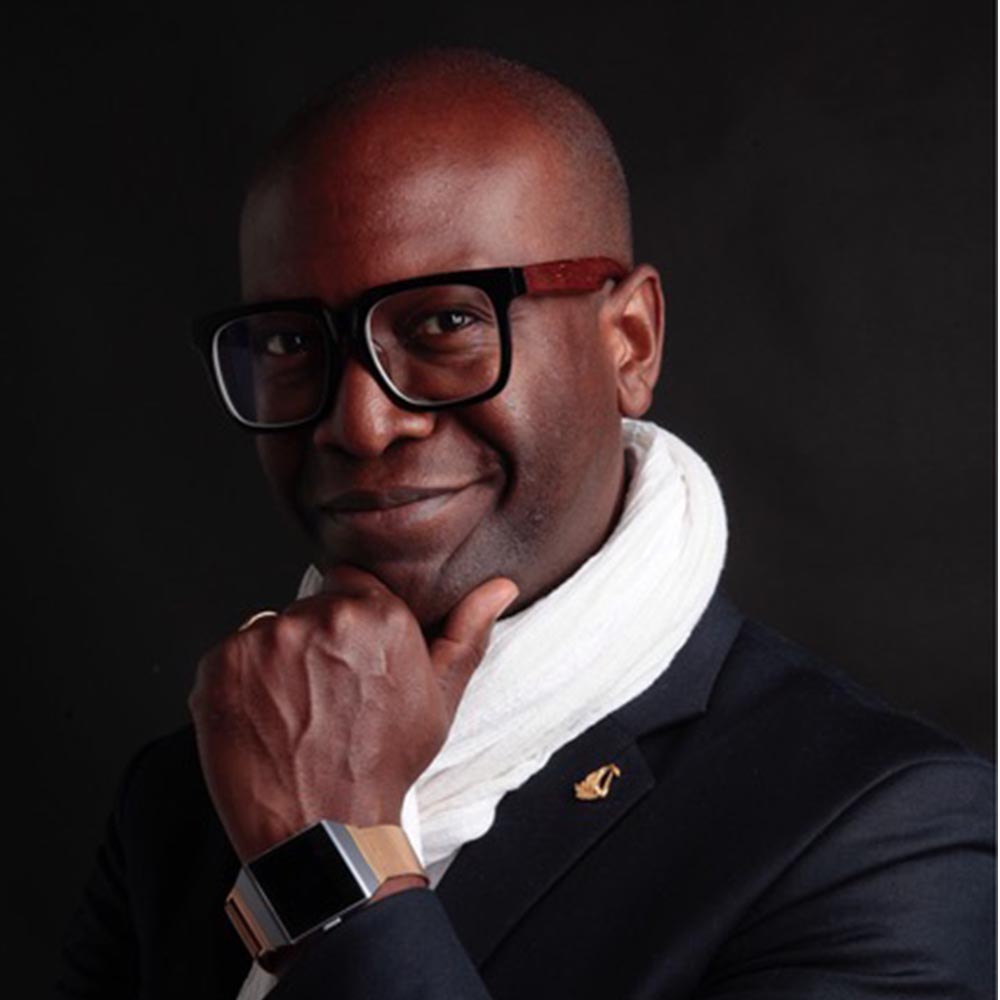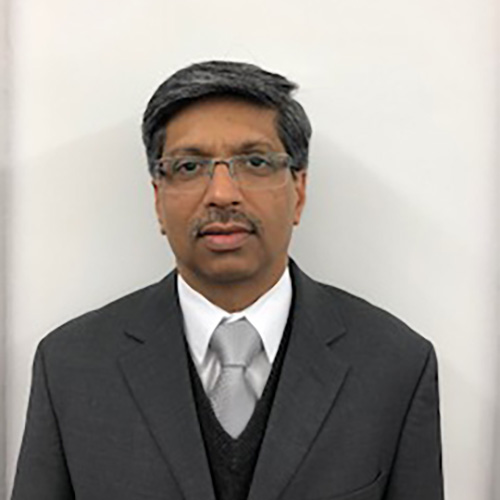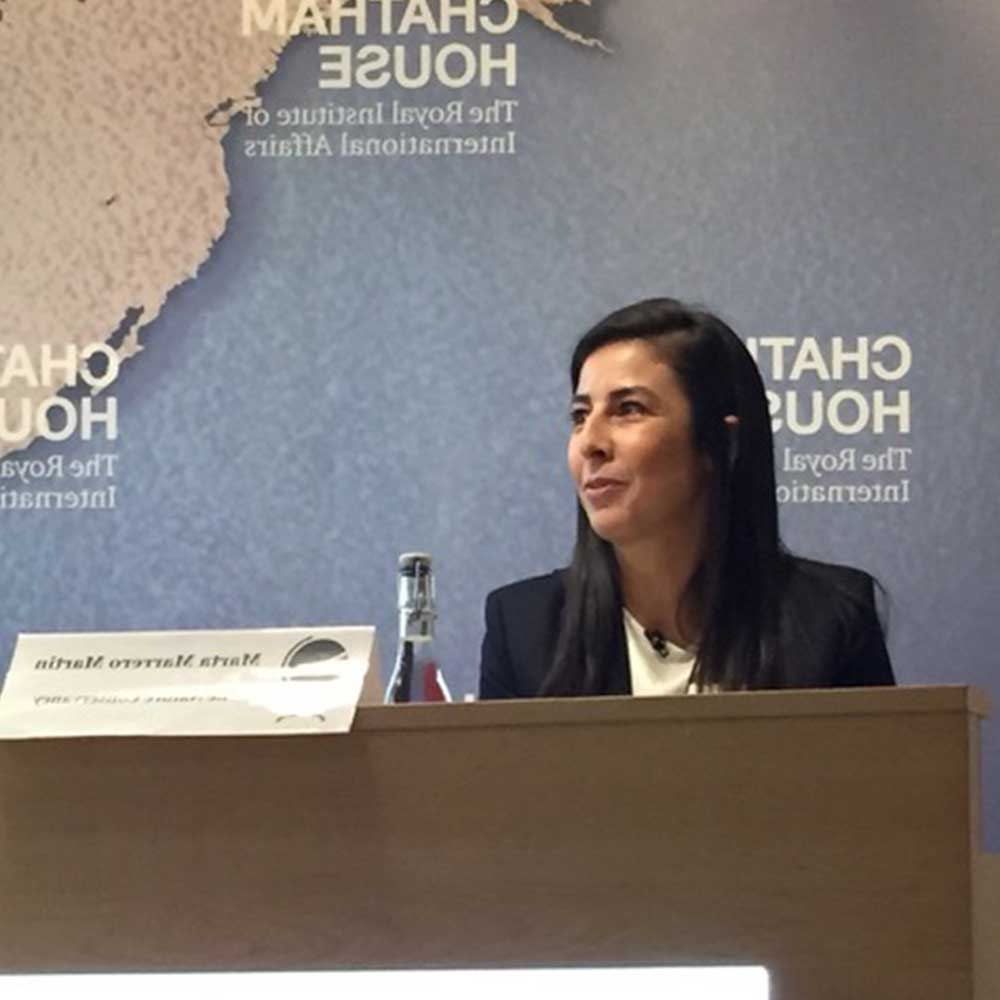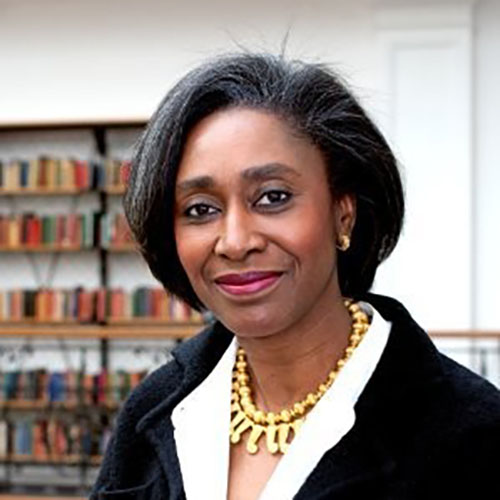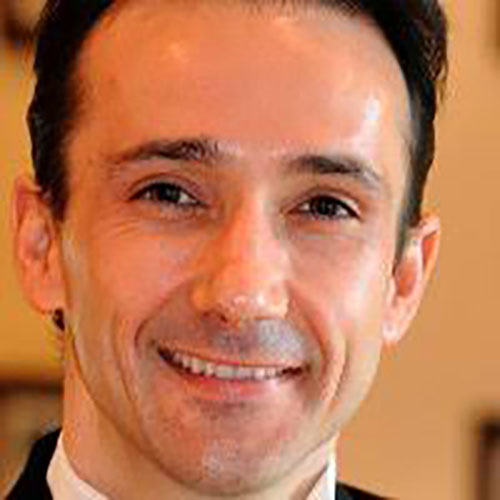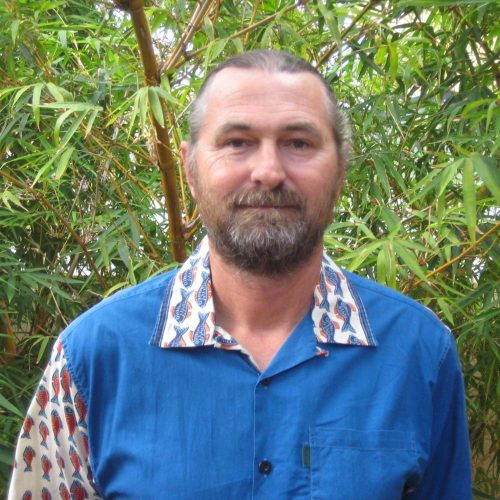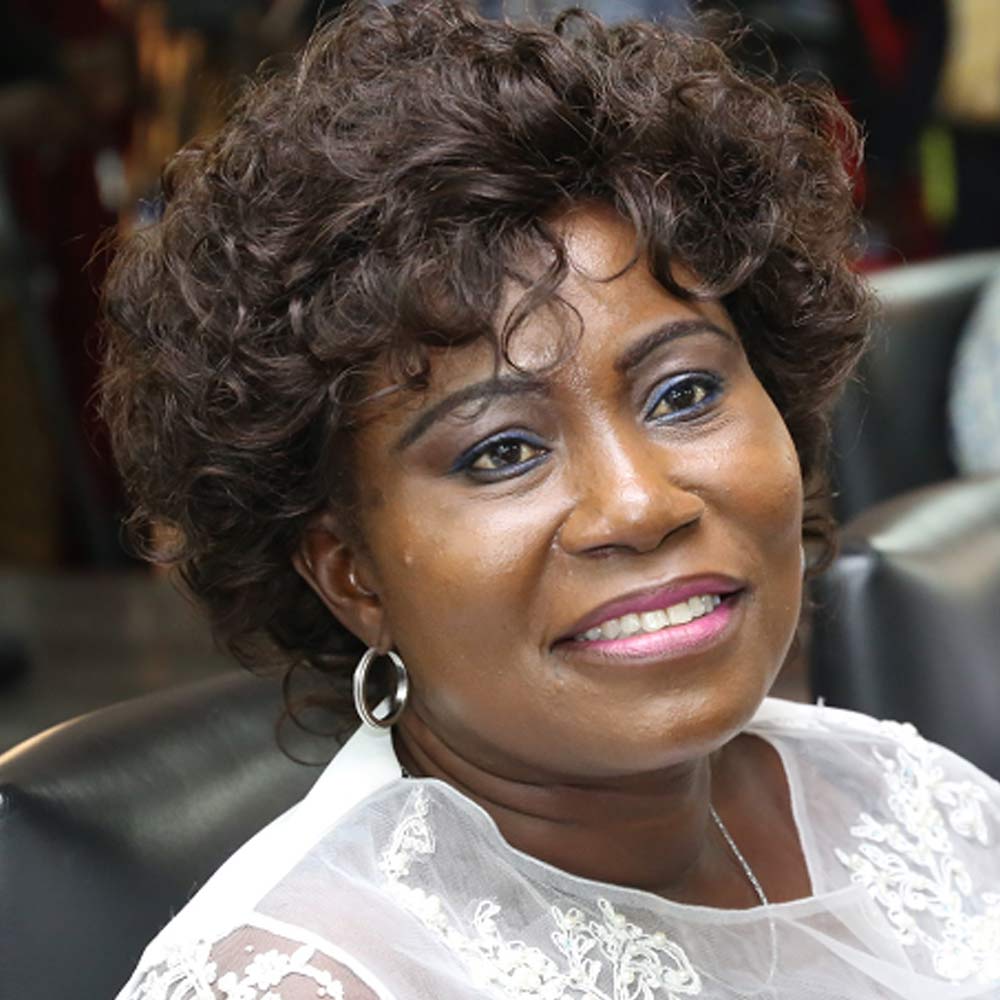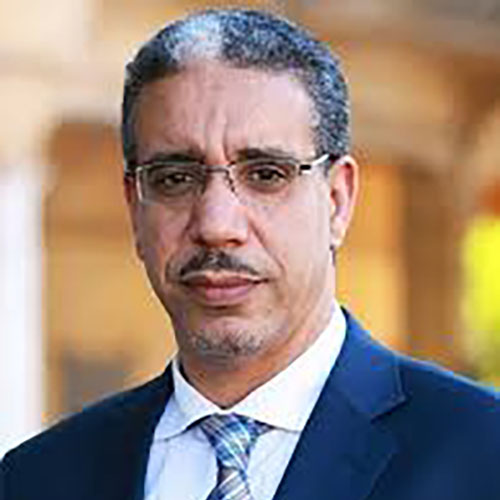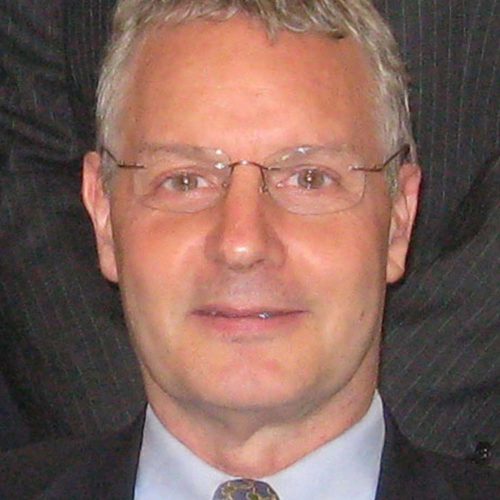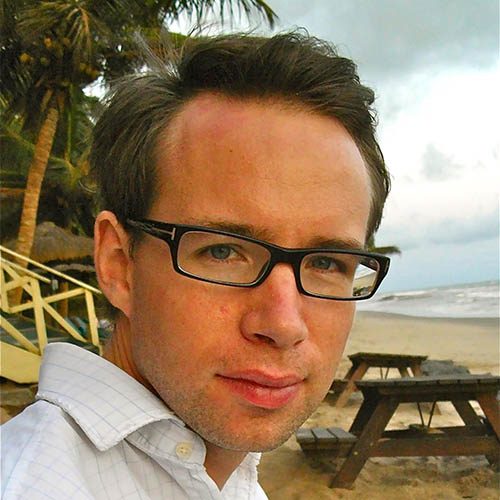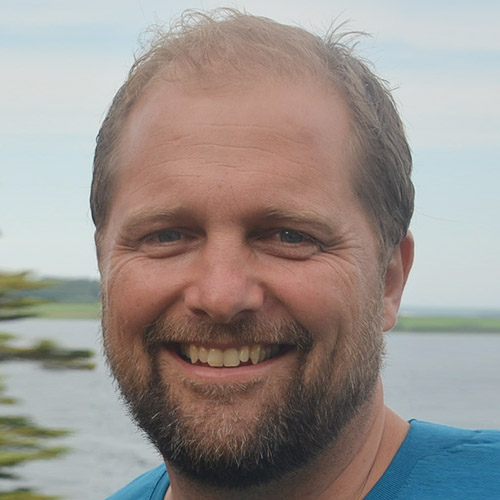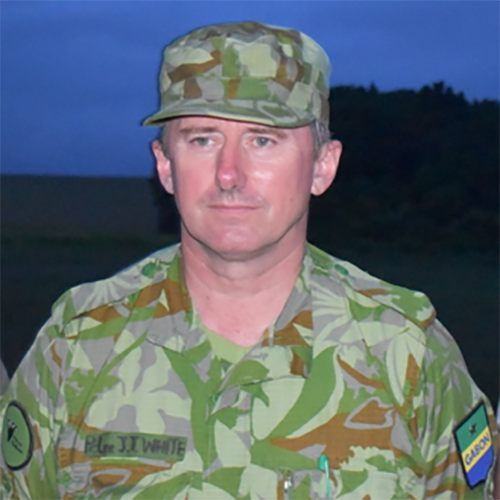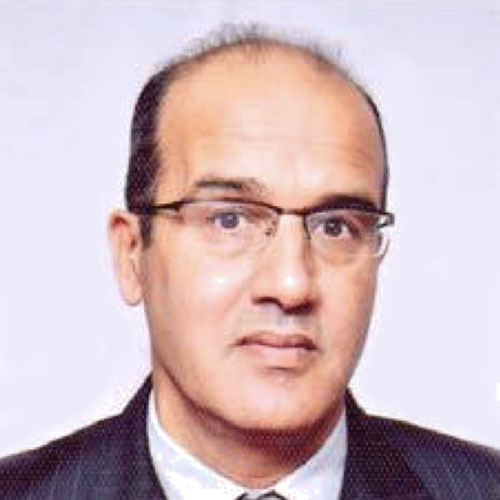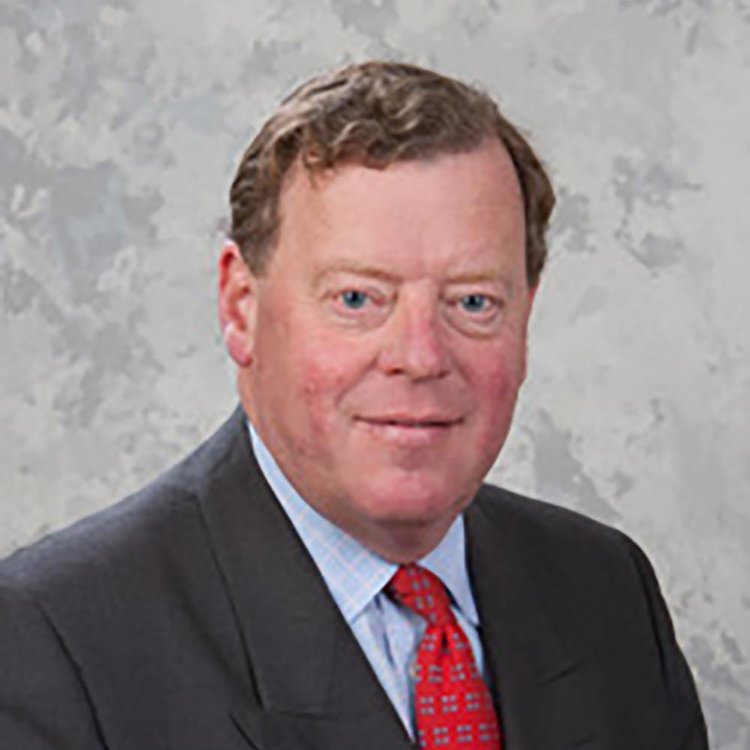
Admiral Sir James Burnell-Nugent KCB CBE MA
Senior Fellow, One Earth Future Foundation/ Oceans Beyond Piracy
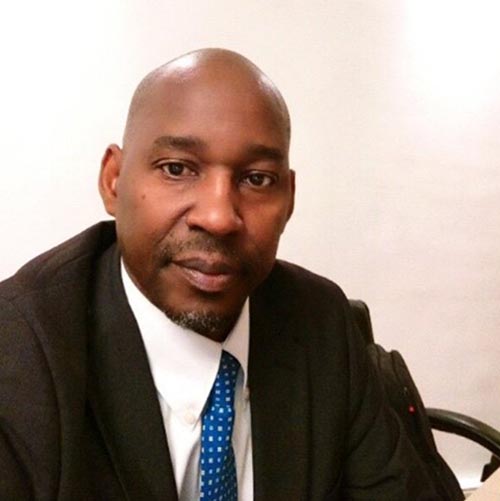
Dr Hamady Diop
Head of the Program, Natural Resource Governance, Food Security and Nutrition, NEPAD Agency
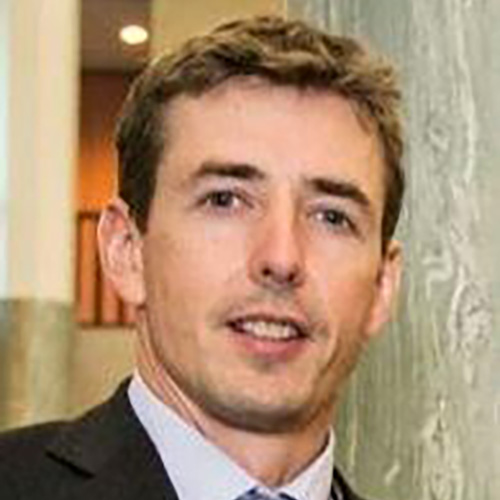
Dr Nick Hardman-Mountford
Head of Oceans and Natural Resources at the Commonwealth Secretariat
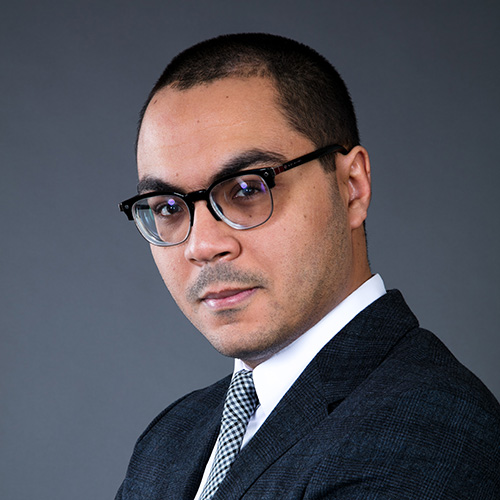
Rassim Hariz
Business development Manager, Offshore Renewables & Grid Access Solutions, Siemens
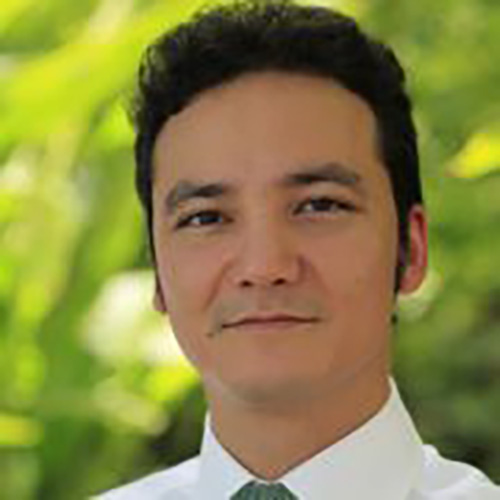
Leo Horn-Phathanothai
Director International Cooperation, Head Of London Office, World Resources Institute (WRI)
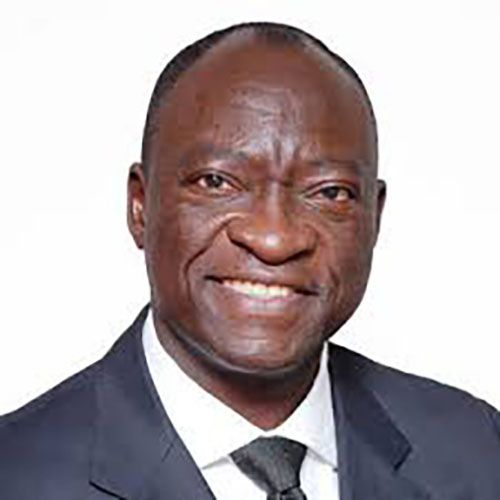
Samuel Kame-Domguia
Former African Union OCist., Coordinator 2050 AIM Strategy, PO Integrated Maritime Strategy (2050 AIM Strategy) Task Force, African Union Commission
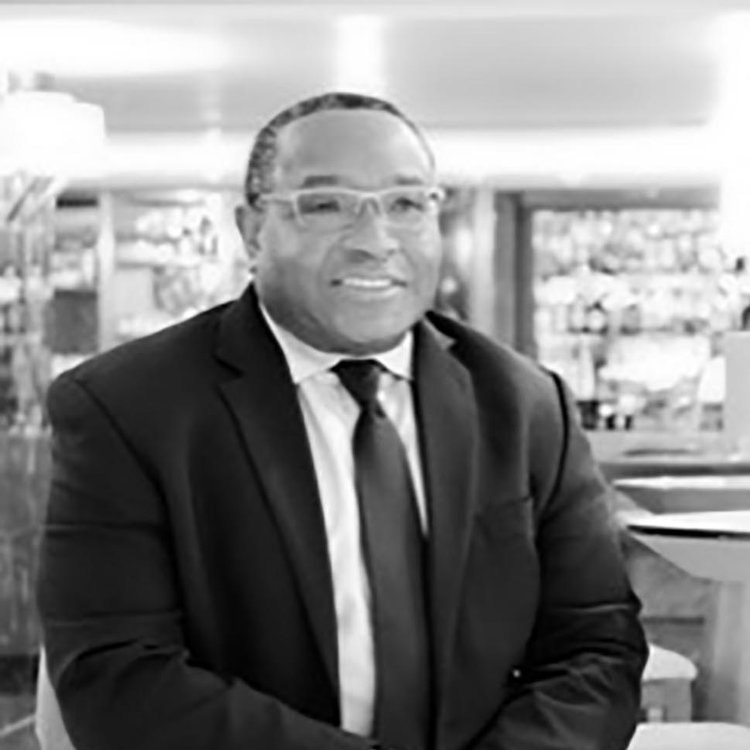
David Luke
Coordinator, African Trade Policy Centre, United Nations Economic Commission for Africa
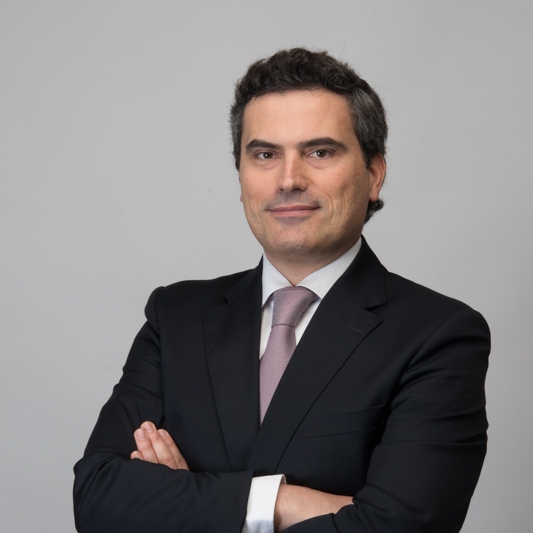
Miguel Marques
Partner and leader of the PwC Economy of the Sea project, PricewaterhouseCoopers
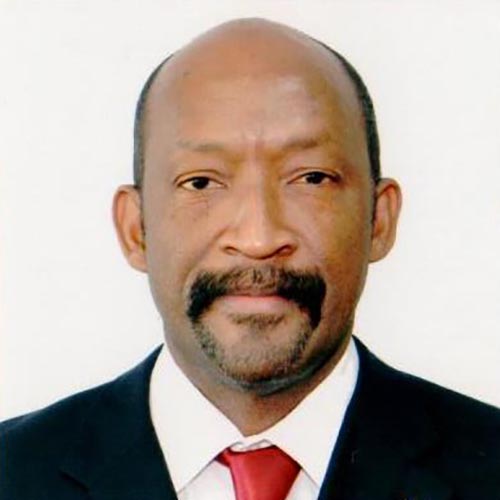
HE Vincent Meriton
Vice-President of the Republic of Seychelles, Responsible for Information, Blue Economy, Investment and Industry, Information Communication Technology, Disaster Risk Management, Civil Society and Religious Affairs, and the Inner and Outer Islands
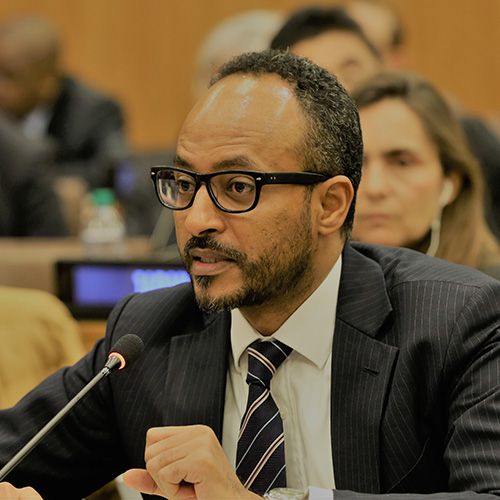
Dr Essam Yassin Mohammed
Principal Researcher Ocean and Fisheries Economics, International Institute for Environment and Development (IIED)
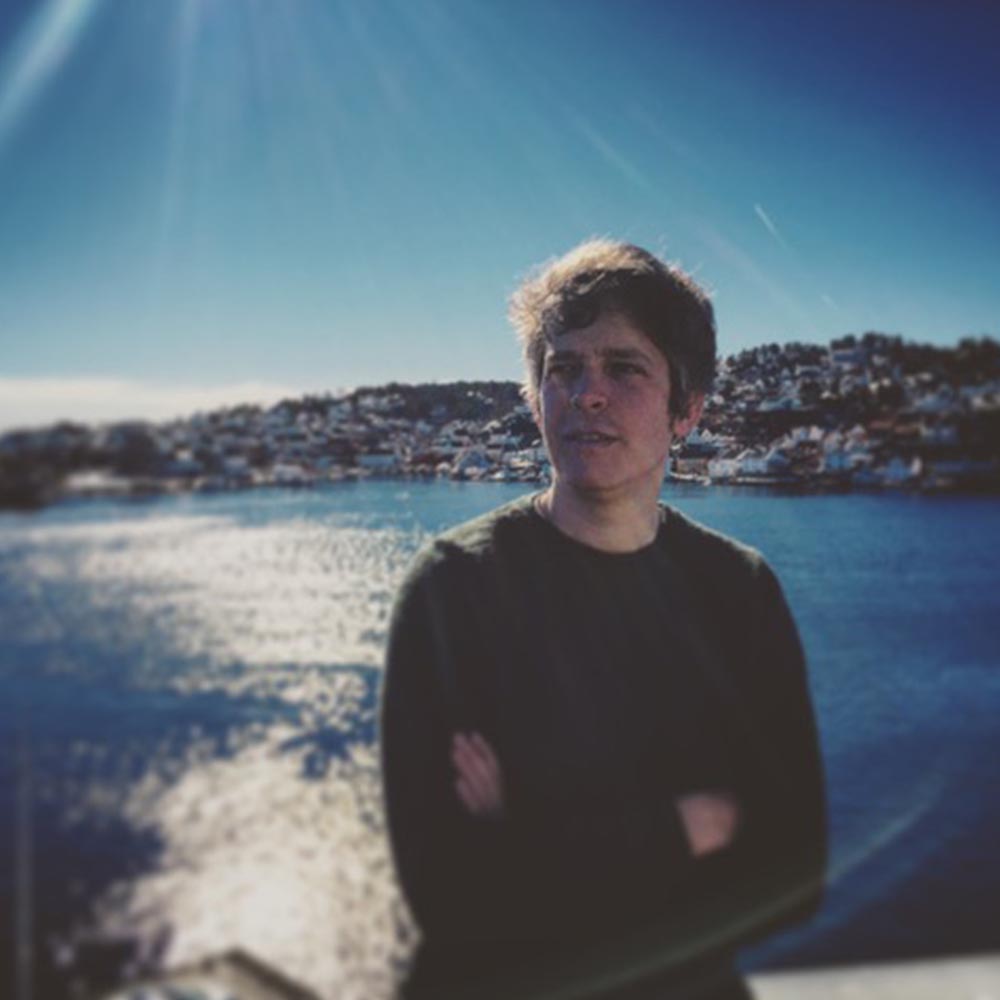
Christian Neumann
Programme Leader Ecosystems, Economies and Sustainable Development, GRID-Arendal
